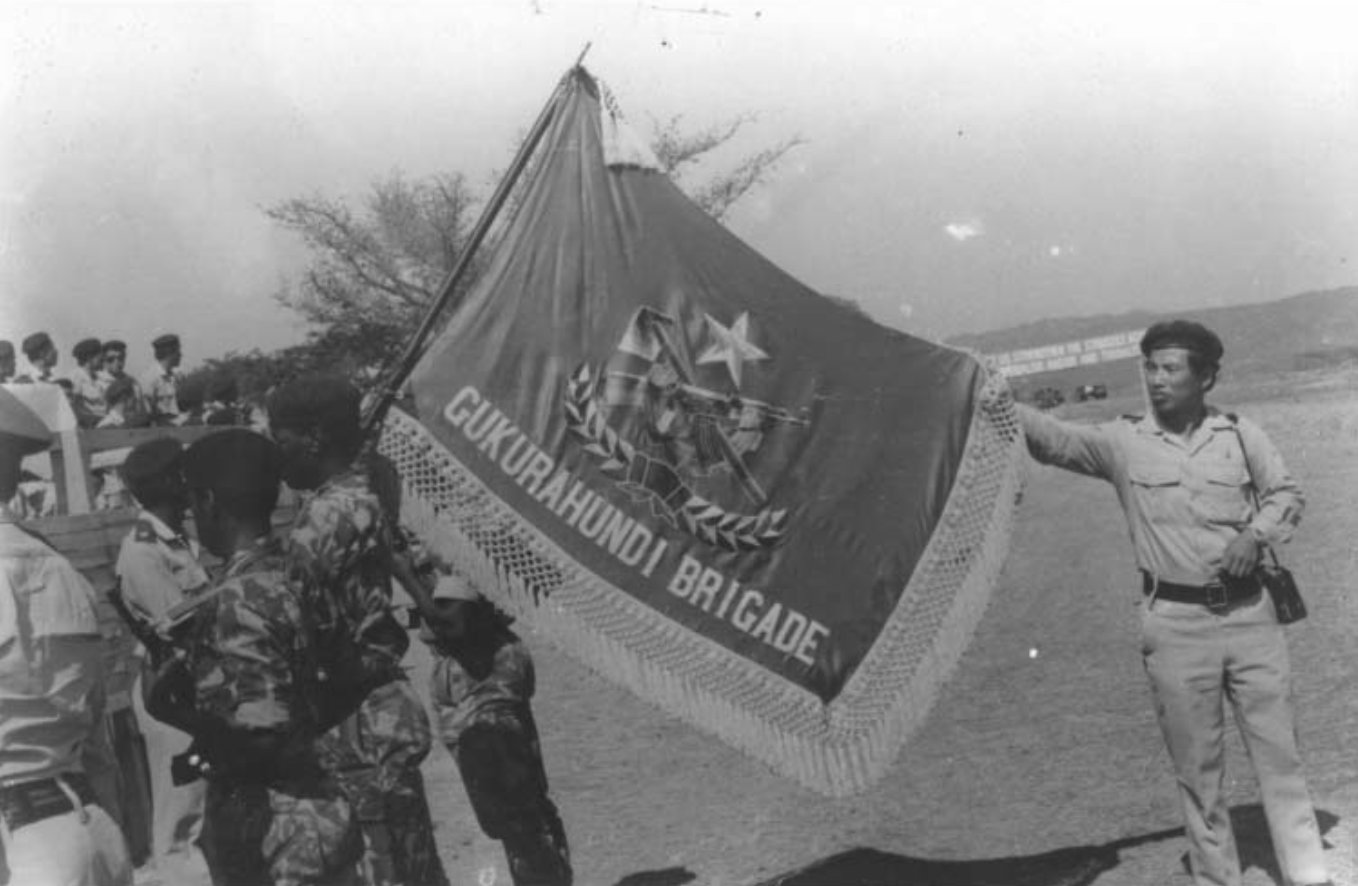The National Chiefs Council has underlined that the media, as well as police, army, and intelligence operatives, will be barred from attending the Gukurahundi hearings, which are scheduled to begin soon.
Deputy President of the National Chiefs’ Council, Chief Fortune Charumbira, told editors and journalists at a media sensitisation workshop in Bulawayo on Thursday that the blackout is meant to allow victims in rural communities to speak freely.
Instead, Chief Charumbira said the media will be given updates fortnightly on the progress of the hearings.
“All these meetings, and workshops we are having are how we get to the big victim best to give them the best environment to express themselves and how do we record that? How do we share that with the nation?” he said.
Chief Charumbira added, “If we wanted to hide anything. We wouldn’t hold this workshop?”
He noted that since the announcement of this process, there has been apprehension and fear of this process, stating that a previous meeting with stakeholders, where more than 30 NGOs from Matabeleland North and South were present, indicated that security should not be part of the meetings.
“As we are designing the programme or the approach, it was asked if we were going to allow police for meetings because people won’t be comfortable to say anything. Including our own chiefs . If you bring the intelligence, army people would not be comfortable,” he said.
“As a result when we do these interviews, there will be no police, there will be no CIO, no army.”
Chief Charumbira said the outreach meetings were meant only for locals who belonged in that particular area and outsiders will not be allowed.
“That’s very important. There will be no strangers, because even the people themselves will ask what if that person wants to write and follow me afterwards, so we should agree on that one. There will be no strangers and I will come to the media. Underline there will be no strangers so that police would be some of those strangers. So we agree,” he said.
The chief said although the National Chiefs Council could engage on the role of the media during the hearings, their thoughts were journalists should also be barred as they were also strangers in the communities.
“ Let’s engage. You want to persuade us to invite the media? Yes. But chiefs have said, ‘we can’t give the media when a family is making submissions.’ It’s not good for various reasons. One, these people are strangers. The police, CIO can come as media. People can come under the guise of the media yet have another agenda,” he said.
“The other issue is people would be narrating the experiences they went through, some of it very emotive. Some of it, I think once released to the public, will cause permanent damage to that very person who made this submission. People will say ‘oh that one, she was raped in this manner,’ and others will say we didn’t know she went through a gruesome act’”.
According to Chief Charumbira, even the legal courts have prohibited journalists from filming proceedings, so there is nothing new.
“You may want to go back to your notes and say, why are certain cases only heard in the camera? For the same reasons during the hearings… Certainly during the actual hearing, you cannot be inside so that you publish tomorrow and affect the privacy of the individual or family,” he said.
The chief said the media should cover properly structured and standardised reports so that they do not distort what would have been said.

